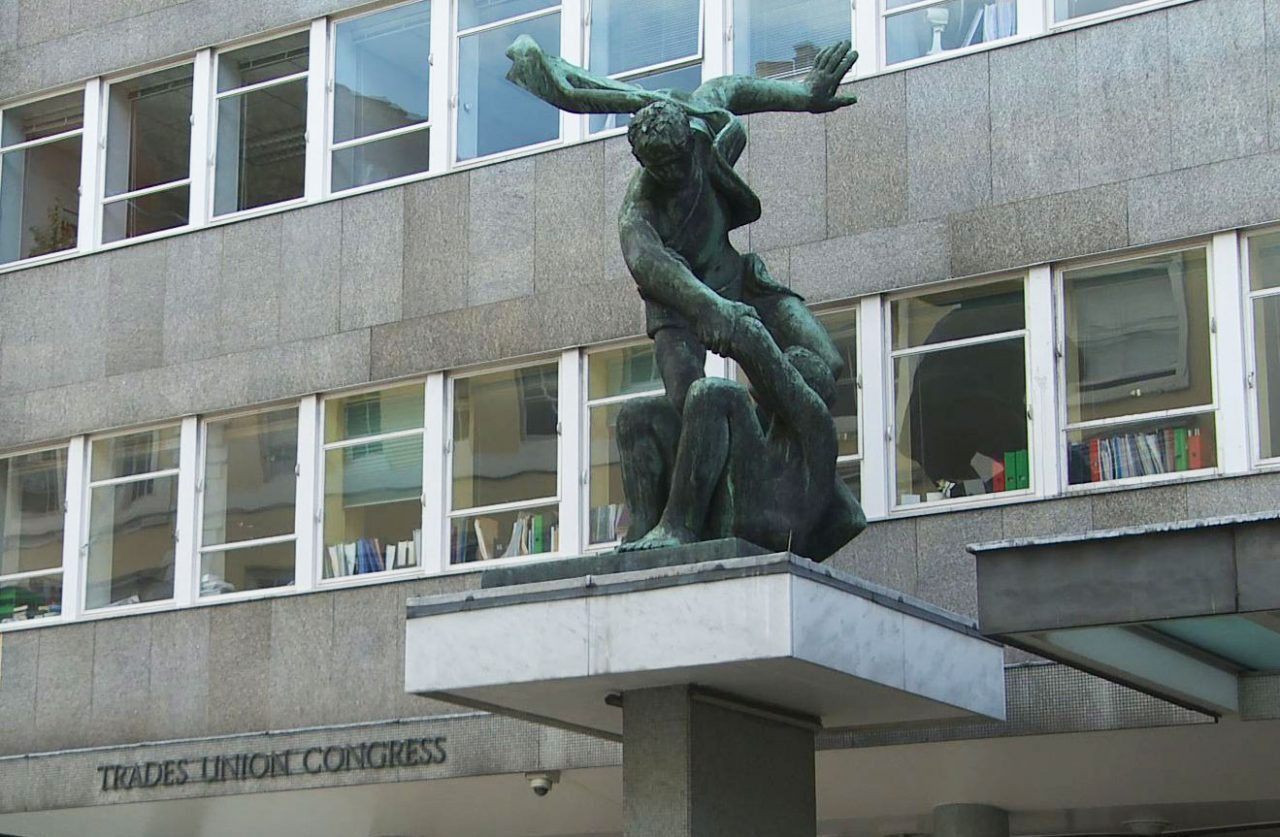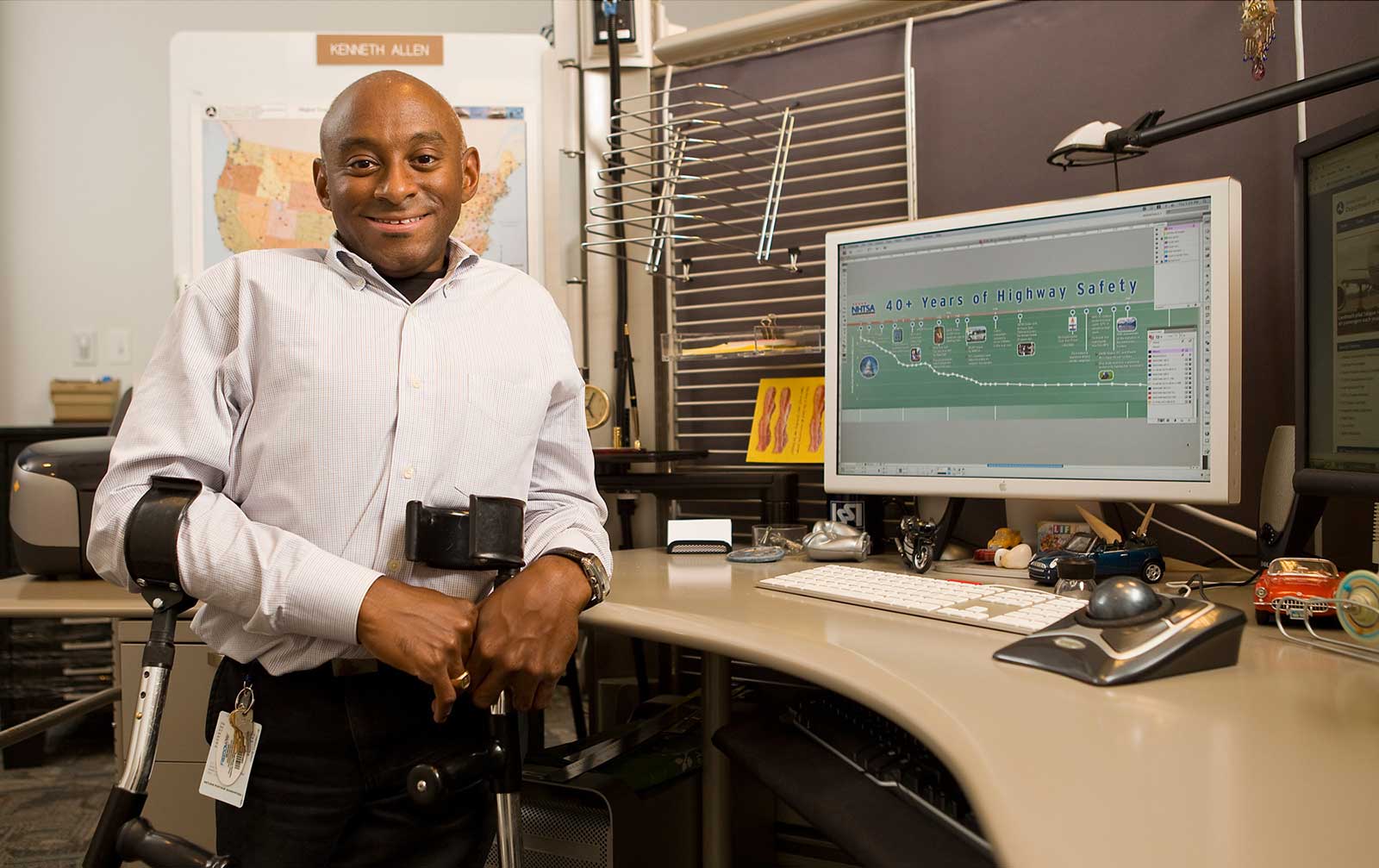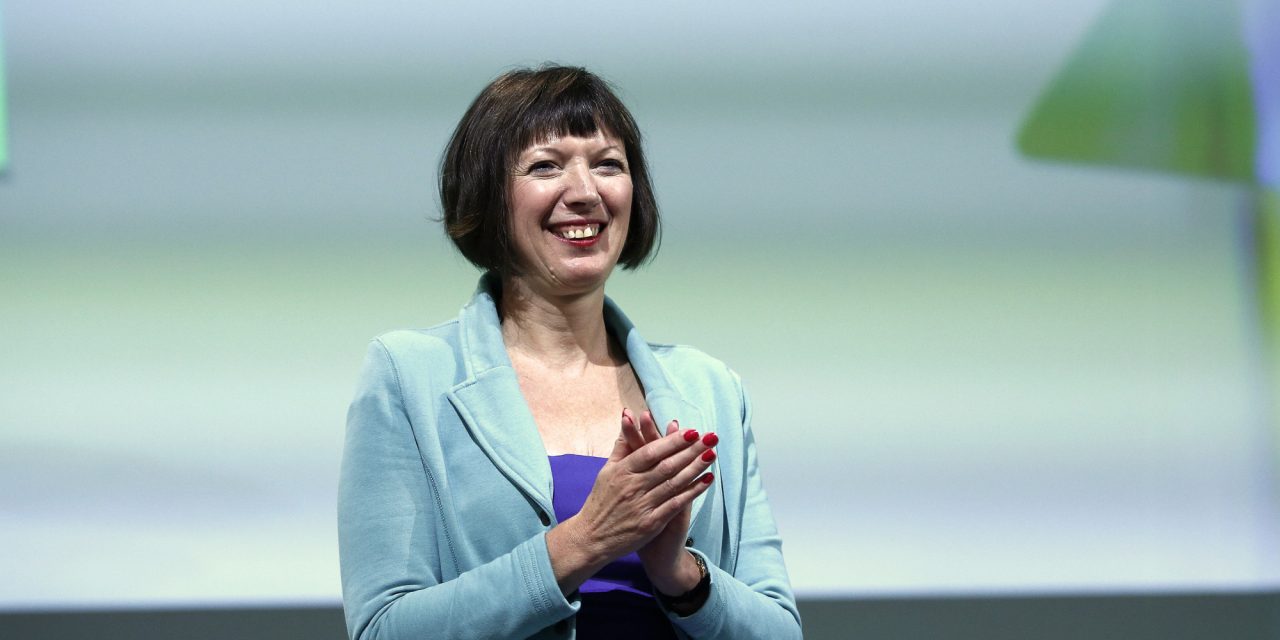A report from the ‘Trades Union Congress’ (TUC) has found that, on average, disabled workers earn £2,370 less than non-disabled workers.

In 2017 average hourly pay for disabled workers was £9.90, compared to £11.40 for non-disabled workers – a disability pay gap of £1.50 an hour and £2,370 a year. The disability pay gap has now reached 15% – its highest level since 2013 when the government began publishing comparable data using the 2010 Equality Act definition of disability.
The report finds that disabled people are less likely to be in employment – and when employed they are paid less than their non-disabled peers.

Other Key Findings in the Report Included:
Low-paid work: Disabled workers are more likely to work in lower-paid occupations than non-disabled workers.
Education: Fewer disabled people have higher levels of education which may make it harder to get jobs with higher rates of pay. But even when disabled workers have the same level of education a pay gap remains.
Gender: Disabled women face a larger pay gap than disabled men. Compared to non-disabled men, the pay gap is 13% for disabled men and 22% for disabled women.
Working hours: More disabled workers are part-time (36.4%) than non-disabled workers (23.4%), which partly accounts for the gap.

The annual disability pay gap of £2,730 is equivalent to: 11 months of the average household spend on food; 9 months of household average fuel and power costs; or 8 months household average transport expenditure. The gap leaves disabled workers more likely to struggle to meet everyday costs, let alone the additional costs that can be associated with being disabled.

Frances O’Grady – TUC General Secretary
TUC General Secretary, Frances O’Grady said, “Too many disabled people face lower pay and worse jobs than their non-disabled peers. New rules to bosses reveal gender pay caps have been successful in shining a light on the problem. We’d like the government to consider a similar law requiring employers to publish their disability pay gap, along with the steps they will take to close it.
The government should also reverse cuts to disability benefits, which are making it harder for disabled people to cover extra costs to get to work. And employers should talk to their disabled workers about how to make work more accessible.”

